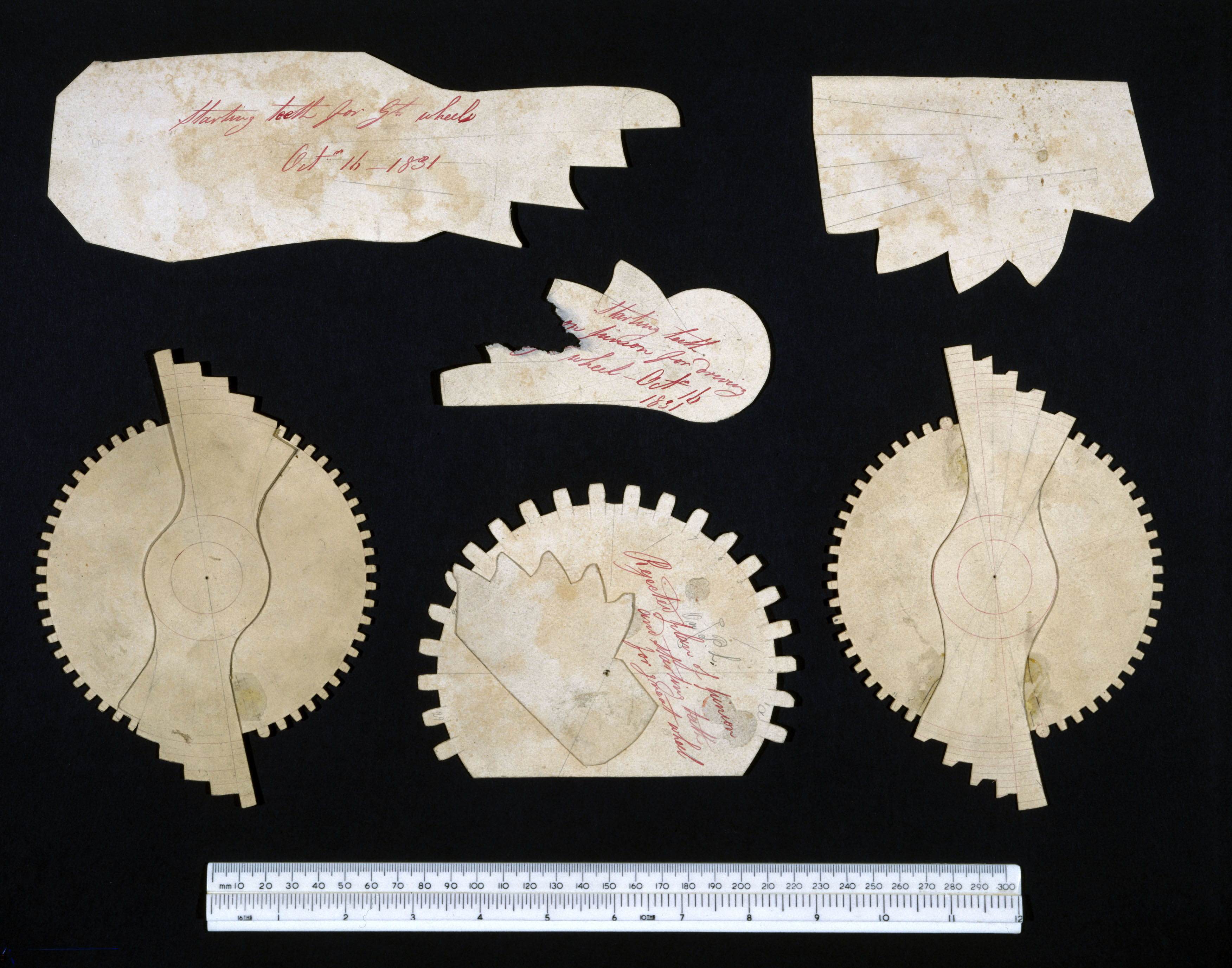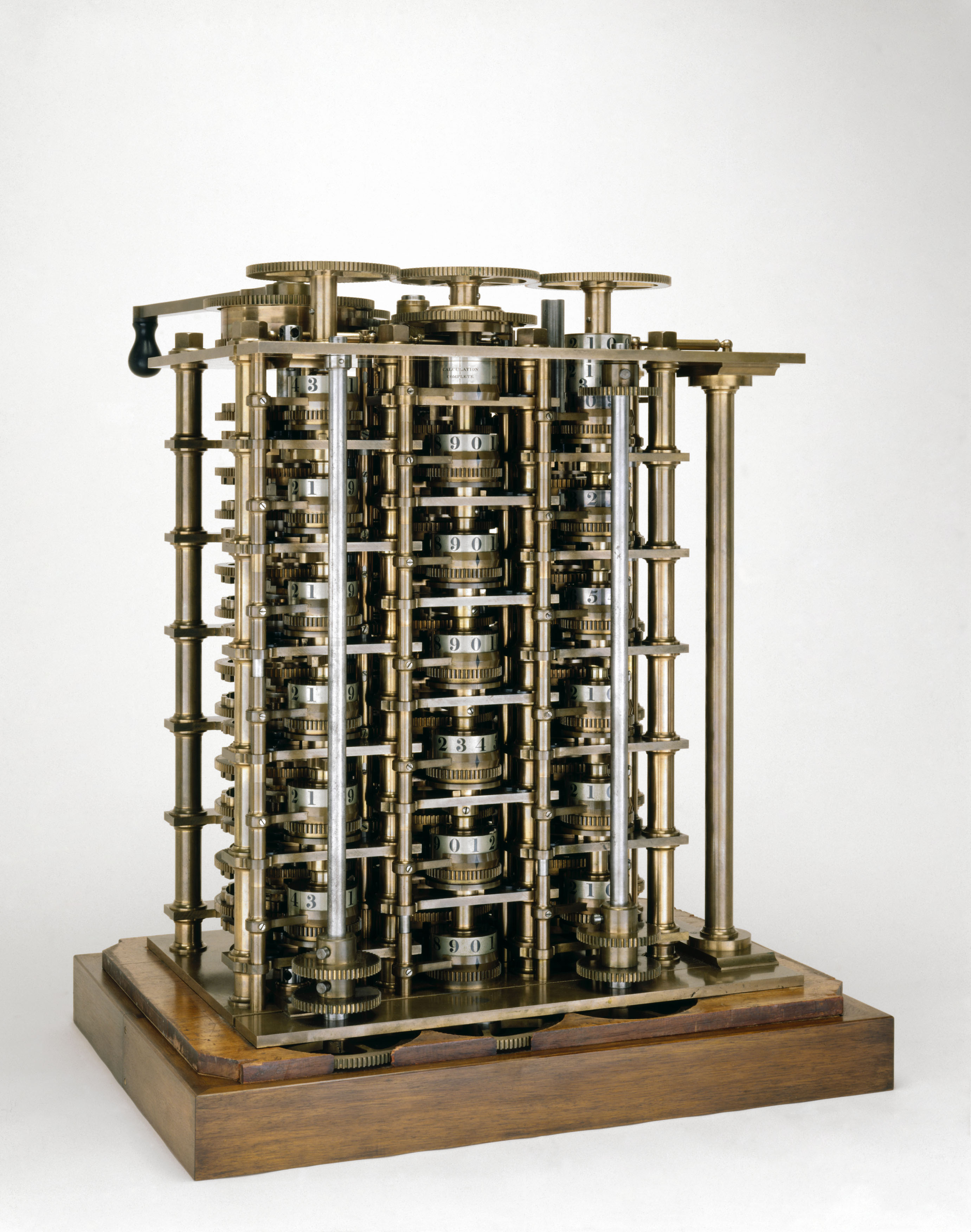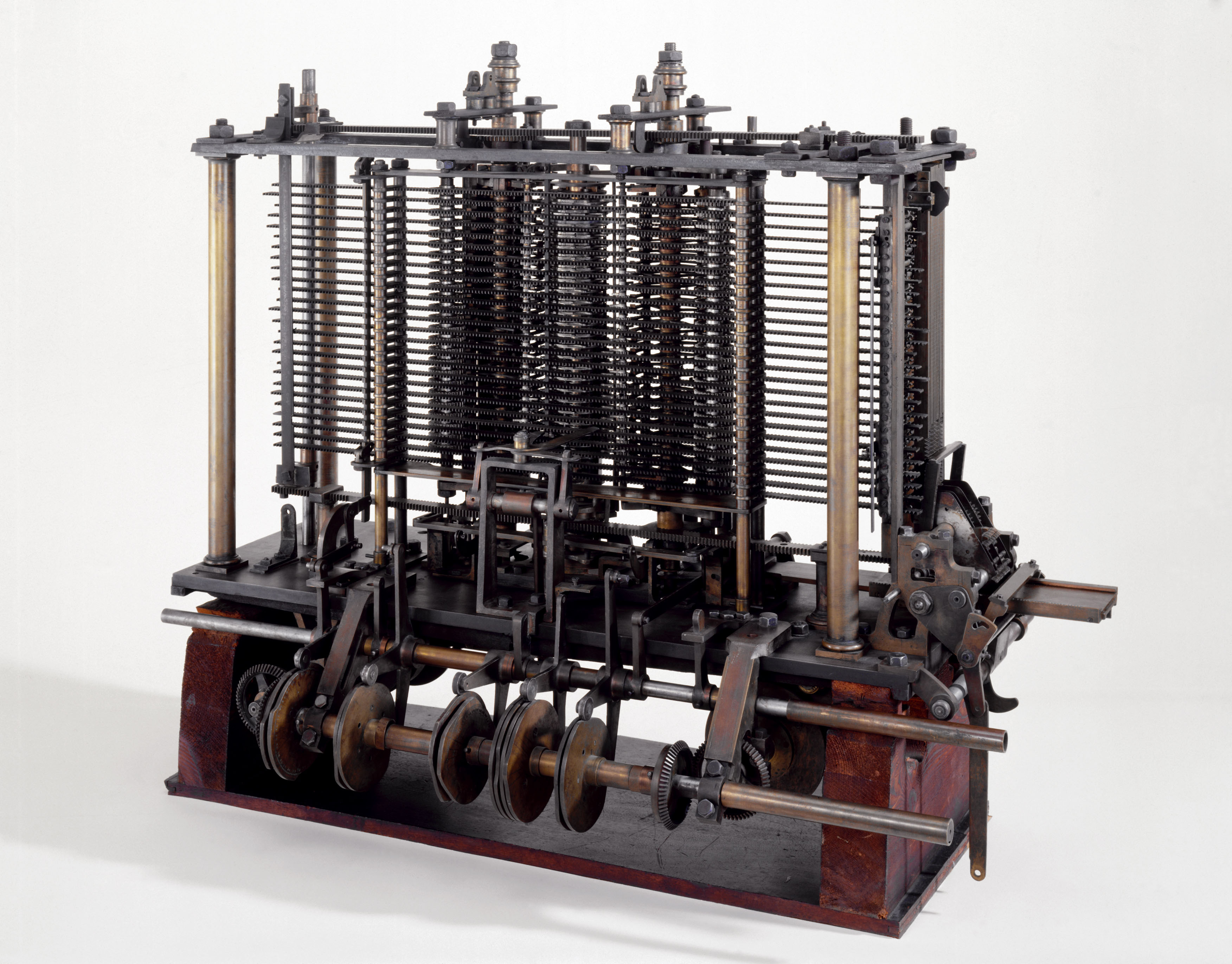Cate Watson, Content Developer takes a look at the pride and passion of Charles Babbage.
Designing the Difference and Analytical engines was a monumental task, demanding dedication and extreme attention to detail. Both engines were made up of thousands of parts that required near identical manufacturing – pushing Victorian technology to its limits. And Babbage was determined to make the machines operate without any possibility of errors.

Babbage was very certain his engines would work. His passion for his machines kept him going despite numerous setbacks such as losing funding and the lack of acclaim or understanding of his inventions. Babbage continued designing engines until he died, absolutely sure that one day his work would be appreciated.

And he was right. Nearly 150 years after Babbage’s death, our modern technological society can fully appreciate his genius in inventing the Analytical engine – the machine that embodies all the major principles of our computers – and the potential it had to change society.
Babbage passionately believed in his inventions and the importance of science. This uncompromising certainty made him highly critical of those who didn’t live up to his high standards. He published a scornful, sarcastic attack against the unscientific practices of the Royal Society. It was so shocking that Babbage’s friend John Herschel told him he would have given him a ‘good slap in the face’ for writing it if he had been within reach.

Babbage acted according to his scientific principles and succeeded in alienating the Royal Society – which had previously persuaded the Government to fund the Difference Engine. Babbage tried demanding more money from the Prime Minister, failed and lost all hope of further support.
Babbage’s uncompromising personality contributed to his failure to build his machines. Yet it was his unswerving dedication to science that made him continue to work beyond hope of realisation and produce the engine plans you can see on show in the Science Museum’s Computing gallery.